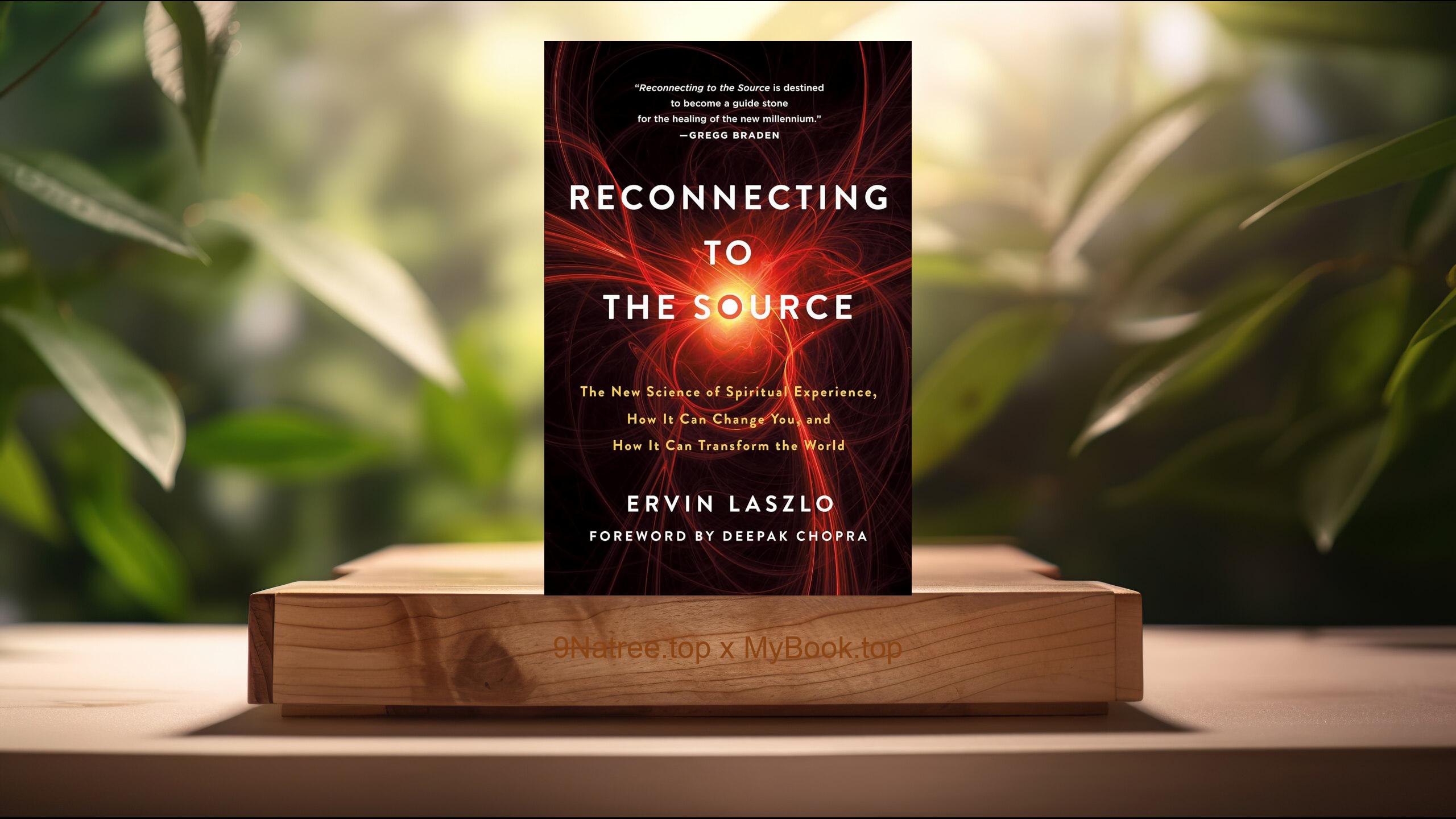Show Notes
- Amazon USA Store: https://www.amazon.com/dp/B087CBHQQK?tag=9natree-20
- Amazon Worldwide Store: https://global.buys.trade/The-Sum-of-Us-Heather-McGhee.html
- Apple Books: https://books.apple.com/us/audiobook/the-sum-of-us-what-racism-costs-everyone-and-how/id1550413539?itsct=books_box_link&itscg=30200&ls=1&at=1001l3bAw&ct=9natree
- eBay: https://www.ebay.com/sch/i.html?_nkw=The+Sum+of+Us+Heather+McGhee+&mkcid=1&mkrid=711-53200-19255-0&siteid=0&campid=5339060787&customid=9natree&toolid=10001&mkevt=1
- Read more: https://mybook.top/read/B087CBHQQK/
#Economicinequality #Racialunity #Solidaritydividend #Publicgoods #Zerosumfallacy #Crossracialsolidarity #Systemicracism #TheSumofUs
These are takeaways from this book.
Firstly, Zero-Sum Game Fallacy, Heather McGhee tackles the zero-sum game fallacy head-on, which posits that societal gains for one group result in losses for another. This deeply entrenched belief underpins much of the resistance to racial equality, suggesting that if people of color gain rights or economic opportunities, white people will lose out. McGhee carefully dismantles this myth through economic data and sociological research, demonstrating that in actuality, policies and practices that advance racial equity can lead to benefits across the board. She illustrates how historically, investments in public goods benefitted everyone's wellbeing—until those goods became accessible to people of color, leading to a withdrawal of support from white communities. This self-destructive cycle, fueled by the fallacy, has led to deteriorating public infrastructure, education, and healthcare systems, impacting everyone negatively.
Secondly, Economic Cost of Racism, McGhee provides a detailed analysis of how racism inflicts substantial economic costs on American society. From the declining investments in public infrastructure and education to the racial wage gaps that decrease overall economic activity, she points out the myriad ways in which racial prejudice hampers economic growth. By examining case studies and economic models, McGhee shows that racial segregation and inequality lead to inefficient labor markets, stifled innovation, and underutilization of talent. This chapter zeroes in on the paradox of how the economy could actually expand and benefit everyone, if not for the chronic underinvestment in communities of color and the persistent undervaluing of their labor.
Thirdly, Public Goods and Racial Equity, The book delves into the concept of public goods—services and infrastructures designed for the benefit of the public at large—and how racial biases have led to their decline in the United States. McGhee argues that the erosion of support for public goods, such as schools, parks, and healthcare, has roots in racial resentment. As more people of color gained access to these services, there was a noticeable retreat in the willingness of many white Americans to fund and support them. This withdrawal not only diminishes the quality of life for communities of color but also degrades the social fabric and competitiveness of the entire nation. McGhee posits that reinvesting in public goods and ensuring their equitable access are essential steps towards healing racial divides and building a thriving society for all.
Fourthly, Solidarity Dividend, One of the most hopeful concepts McGhee introduces is the 'solidarity dividend'—the idea that collective gains can be achieved through cross-racial solidarity. She illustrates through various examples how coalitions and movements that cut across racial lines have been able to secure significant societal victories, from labor rights to environmental protections. These dividends are not just moral victories but practical ones, leading to improved working conditions, better access to healthcare, and stronger community bonds. McGhee makes a compelling case for the strength found in unity and how aligning interests across racial divides can counteract the divide-and-conquer strategies often employed by those benefiting from maintaining the status quo.
Lastly, Policy Recommendations for a Prosperous Future, Beyond diagnosing the problems, McGhee offers concrete policy recommendations aimed at undoing the economic and social damage caused by racial division. These range from comprehensive criminal justice reform to investment in education, healthcare, and affordable housing. She emphasizes the importance of policies that directly address racial inequities while promoting broader societal benefits. Through detailed analysis and advocacy, McGhee maps out a vision for a future where the economy and democracy work for everyone, made possible by embracing inclusive policies and dismantling systemic barriers to equality. Her approach underscores the belief that addressing racial injustice is not only a moral imperative but a practical means to achieve a more prosperous and equitable society.
![[Review] The Sum of Us (Heather McGhee) Summarized](https://episodes.castos.com/660078c6833215-59505987/images/2054543/c1a-085k3-gp3mn8g3u7zn-yu7mpu.jpg)




